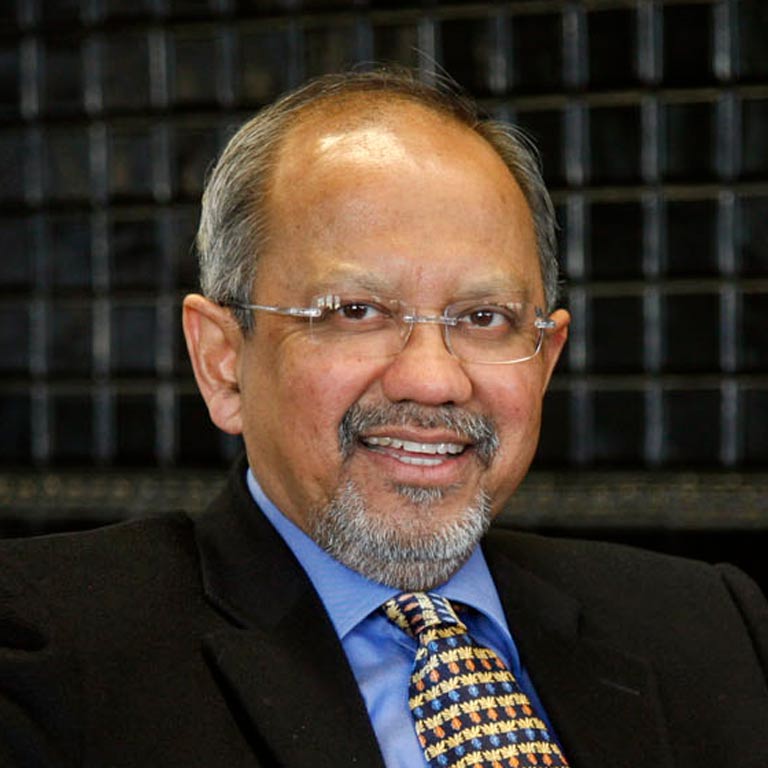Since the Bharatiya Janata Party assumed power for a second time in May 2019 with a resounding majority in parliament it has been seeking to implement a wide-ranging anti-secular agenda. Such a strategy is entirely in keeping with the ideology of the party which espouses a vision of India that privileges, Hindus, India’s religious majority. To that end it has stripped India’s only Muslim-majority state, Jammu and Kashmir, of its special status under the Indian Constitution, it has passed the Citizenship Amendment Act that grants accelerated Indian citizenship to religious minorities from Afghanistan, Bangladesh and Pakistan (but excludes all Muslim minorities) and has created a National Register of Citizens that has the potential for disenfranchising as many as 1.9 million individuals (mostly from minority communities) in the border state of Assam. All of these developments threaten to undermine the country’s constitutional commitment to a secular, plural polity. My interview with Freedom House and my article in the Journal of Democracy, both discuss these threats to political liberalism in India.

 The College of Arts
The College of Arts